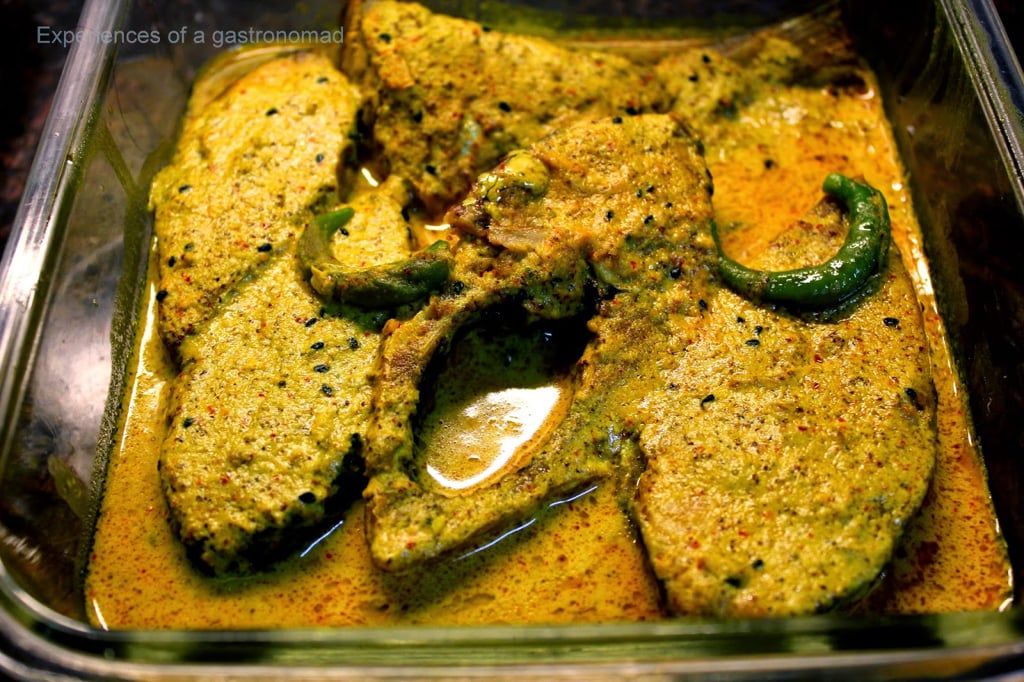
During Durga Puja in October, residents of West Bengal may encounter a shortage of their beloved fish, Hilsa, as Bangladesh implements new restrictions on its export. The Bangladesh government has tightened its existing ban on Hilsa exports to ensure that this cherished delicacy reaches local consumers first.
Durga Puja, the largest festival in West Bengal, is celebrated by millions, and the availability of Hilsa fish traditionally enhances the festive atmosphere. However, with Bangladesh being the largest producer of Hilsa, the recent decision to reinforce the export ban could impact supply during this year’s celebrations.
The interim government of Bangladesh, formed just a month ago, aims to prioritize local access to Hilsa. Farida Akhtar, an advisor to the Ministry of Fisheries, stated, “The government is trying to ensure that the favorite fish reaches the local people first.” She added that despite the ban, a significant amount of fish has still been exported to India, but now they will not permit Hilsa to cross the border.
Historically, the previous government would lift the export ban during Durga Puja as a gesture of goodwill. However, Akhtar noted, “I don’t think we need to give this gift this time because if we do so, our people will not be able to eat this fish.”
This marks a departure from the “Hilsa Diplomacy” of former Prime Minister Sheikh Hasina, who often facilitated Hilsa exports to India during festivals.
When asked about future bilateral relations, Akhtar emphasized that while India is a friend, the focus must remain on the interests of the Bangladeshi people. Bangladesh is a major producer of Hilsa, catching around 600,000 tonnes annually, primarily from the sea.
In the past, the government allowed the export of 3,000 to 5,000 tonnes of Hilsa during Durga Puja, but this year, due to local market shortages, the export ban will remain in effect.
Additionally, prices for Hilsa have surged in local markets, with reports indicating that one kilogram now costs around 1,500 Bangladeshi Taka, reflecting a rise of 150-200 Taka compared to last year. Fishermen attribute this price increase to a reduced catch this season.
As a result, West Bengal might need to seek alternative sources for Hilsa during Durga Puja, potentially leading to a festive celebration without this beloved dish.






